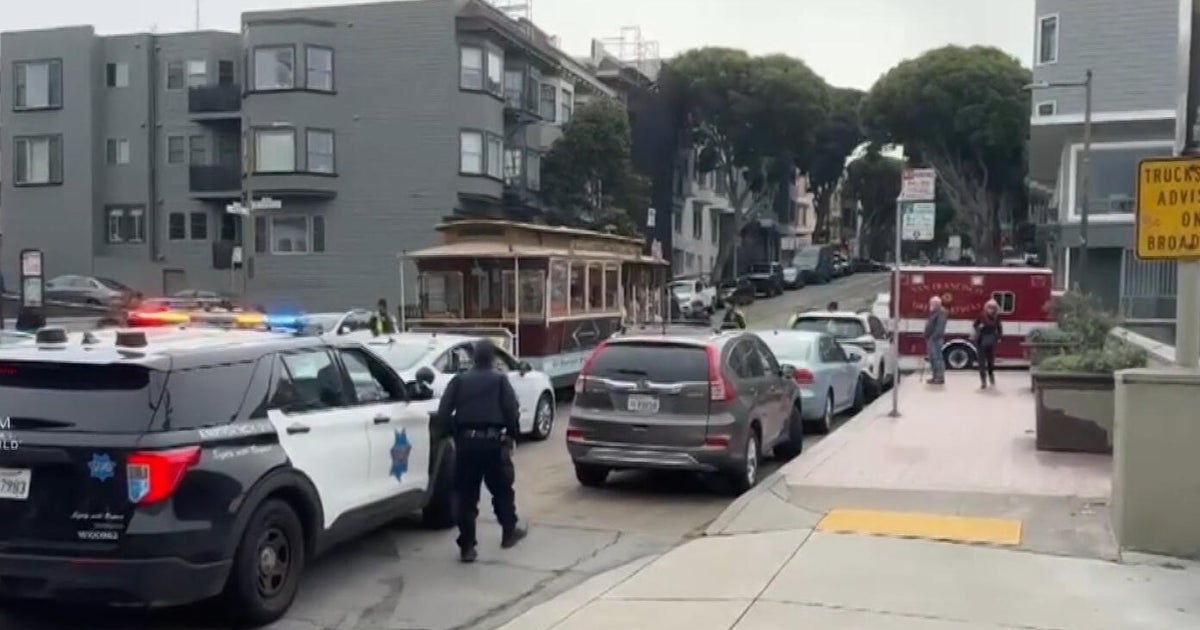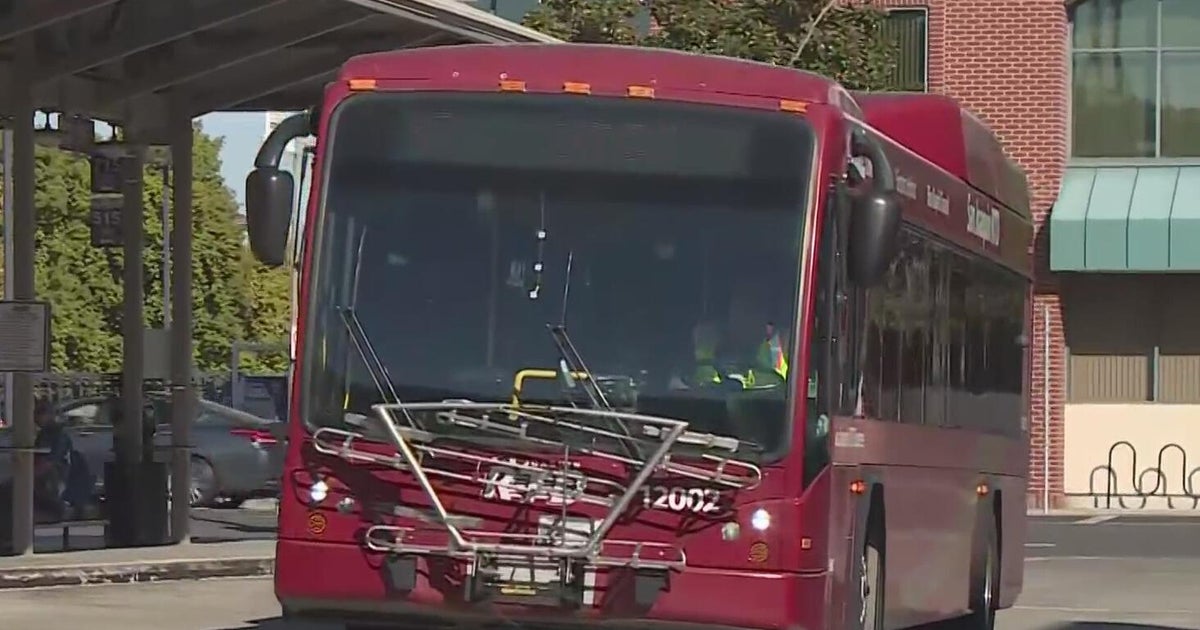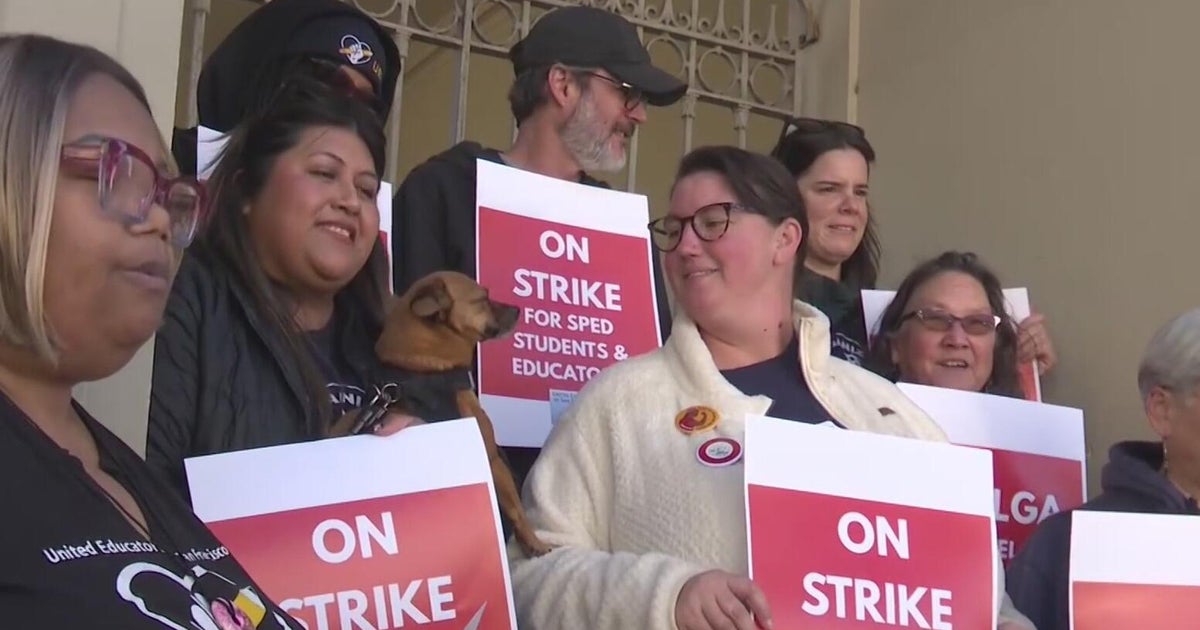Muni Problems Have Some Lawmakers Calling For Change In SFMTA Management
SAN FRANCISCO (KPIX) - The trains and buses are running on schedule again, but Friday's Muni meltdown has some city leaders talking about getting the transit agency's management on track.
Supervisor Aaron Peskin told KPIX5 he has spoken to several other supervisors about changing SFMTA in such a way that it is more responsive to the public.
"Things happen when you have a complex system, things do break down," Peskin said. "But it seems that the cascading number of events and the way they've handled it with the media and with public officials, has left a lot lacking."
It wasn't just the long delays on Friday that prompted the discussion.
There was the news about the doors on the new trains. When a lady got her hand caught in one, it dragged her down below the platform. Incredibly, she survived.
Then there is the shear pin situation. The pins are supposed to connect two train cars together, but at least two of the pins have broken off. That prompted officials to stop doubling up new train cars altogether.
On top of all that, a whistleblower told KPIX that he was pressured to pass people who are unqualified to operate on the railways. He says it's putting public safety at risk.
In a blog post, SFMTA blamed "decades of underinvestment" for chronic infrastructure failures.
In a Tweet on Friday, Mayor London Breed said, "Yes, we need to invest in Muni and our system. Yes, we need to expand and improve our fleet. But what happened today and this week is unacceptable."
"This is not a funding problem," Peskin countered. "It's, frankly, a leadership problem.
Peskin said he has had several conversations with fellow supervisors over the last two days. There are no specifics yet, but they're talking about changing the way the Muni board is structured that may allow its members to be more receptive to public concerns.
"It's time to have an oversight body that asks the tough questions," Peskin said, indicating that the board structure now relies on mayoral appointees and not political leaders. "It's time to have strong leadership and it's time to have accountability. And ultimately, who's accountable to the voters? Their elected officials."







